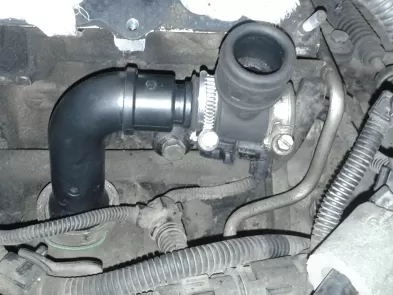
How long does the Positive Crankcase Ventilation (PCV) valve last?
Your car's engine works by mixing air with fuel and then burning it. This obviously creates waste gases. Most of these gases exit the engine through the exhaust system and then through the muffler. However, this cannot be...
Your car's engine works by mixing air with fuel and then burning it. This obviously creates waste gases. Most of these gases exit the engine through the exhaust system and then through the muffler. However, this cannot be done with 100% gases. Traces of oil and gasoline must be re-burned to reduce emissions and improve fuel economy. This is where your positive crankcase ventilation (PCV) valve comes into play.
Your car's PCV valve actually does only one thing - it directs the gases back into the intake manifold so they can be re-burned. The PCV valve is used all the time - it is active when the engine is running. This means that it is subject to a lot of wear and tear. However, time and use are not the main enemy here. There is dirty oil. If you don't change your oil regularly, sediment can build up. This will contaminate the PCV valve and clog it, forcing you to change it more often.
There is no specific lifespan for your vehicle's PCV valve. It lasts as long as it lasts. Regular maintenance will help extend the life, and neglecting to change the oil regularly will shorten it. Ideally, the PCV valve should be changed at every major scheduled service (30k, 60k, 90k, etc.). However, it is possible that the valve will fail between services.
Because of the importance of the PCV valve and the fact that if it fails, you won't be able to pass an emissions test (and your engine won't run properly), it's very important that you know a few key signs and symptoms. which indicate that your valve is failing or has already stopped working. Watch out for the following:
- Check Engine light (if the valve is not working when it is stuck in the open position)
- Rough engine work
- Hissing sound from under the hood
- Whistling or screeching from under the hood
- Oil buildup on engine air filter (some makes and models, but not all)
If you suspect a problem with your vehicle's PCV valve, a certified mechanic can help diagnose the problem and replace the Positive Crankcase Ventilation (PCV) valve if necessary.
